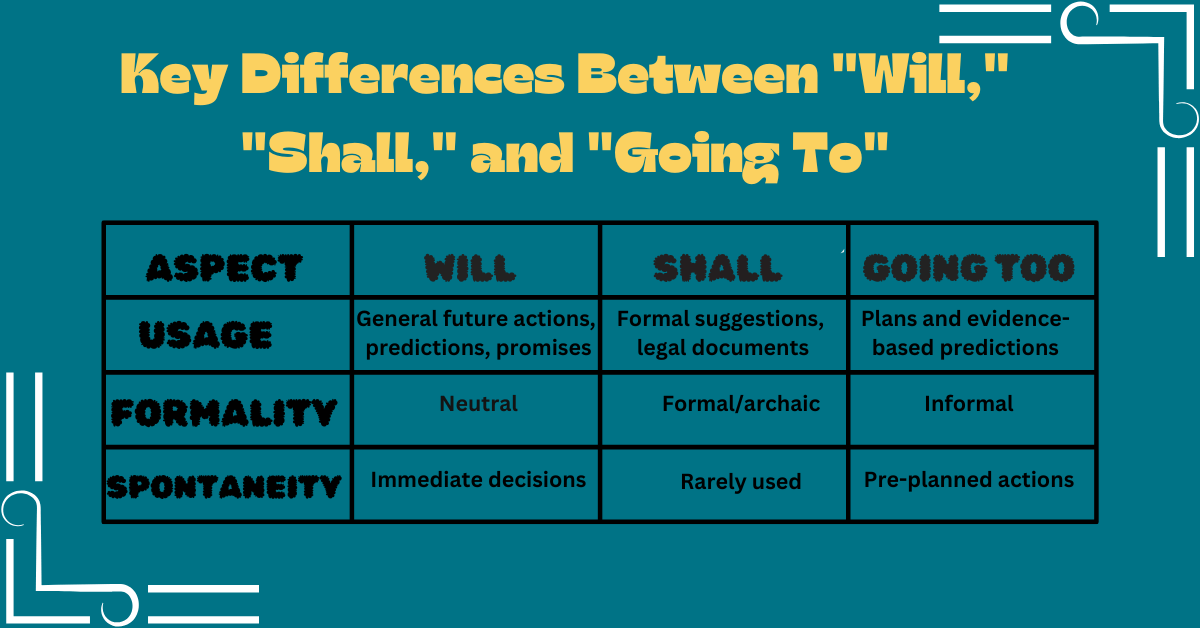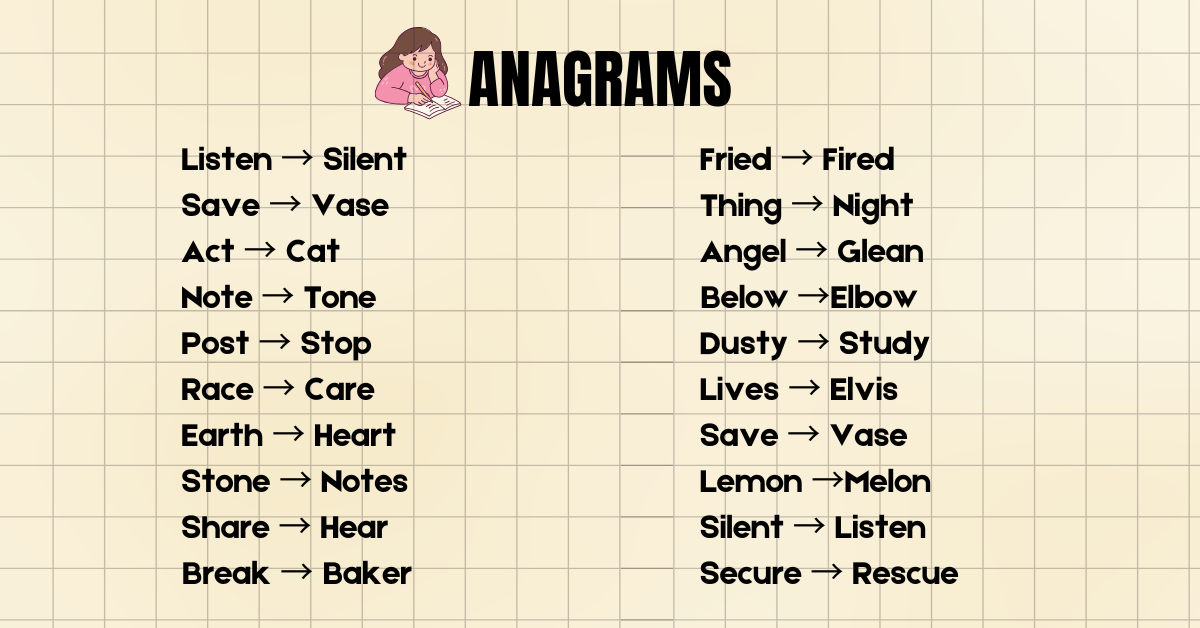Speaking English fluently is no longer a luxury. In today’s world, it’s a necessity for growth, confidence, and connection. Whether you want to communicate effectively at work, crack the IELTS exam, travel confidently, or simply hold conversations without hesitation, these Best English-Speaking Practice Apps in 2025 will help you achieve your goals.
In the past, learning English meant joining a coaching centre or memorising grammar rules. But the world has changed. Now, with your phone in hand, you can practise anytime, anywhere. You can speak with experts, receive instant AI feedback, and build confidence gradually. The beauty of these apps is that they make practice accessible and non-judgmental, which is exactly what every learner needs.
Speak English Confidently with the Right App
Choose from these Best English-Speaking Practice Apps that align with your fluency goals and start your journey today.
Why choose an English-Speaking Practice App?
Because spoken English is not learnt by reading alone. It is mastered by speaking, listening, making mistakes, and correcting them in real time. These apps recreate real-life situations, remove your fear of judgment, and give you structured practice to build fluency naturally.
1. EngVarta
If you often feel hesitant while speaking English despite knowing vocabulary and grammar, EngVarta can be your game changer. This app connects you with live English experts anytime between morning and midnight, allowing you to practise real conversations daily. Each call is like speaking with a supportive mentor who corrects your mistakes gently and guides you towards improvement.
Unlike typical English learning apps that focus on theory, EngVarta immerses you in spoken English practice so you start thinking in English without translating from your native language. Over time, your fear of making mistakes fades because you realise English is not about perfection – it’s about expressing yourself confidently.
Why we recommend it:
EngVarta ranks among the Best English-Speaking Practice Apps in India because it focuses on real-life spoken English, building your confidence to speak naturally at work, interviews, or social situations without feeling nervous.

Download for Android | Download for iOS
2. FixoLang
Preparing for IELTS speaking is stressful for most learners, but FixoLang makes it structured and goal-oriented. It simulates the actual IELTS speaking test environment by giving you cue card topics, preparation time, and recording your answers under realistic time limits.
The AI then evaluates your responses instantly across fluency, coherence, vocabulary, and pronunciation, providing you with a predicted band score. This detailed feedback pinpoints your weaknesses and helps you improve systematically before your actual test day.
Why we recommend it:
FixoLang stands out as one of the Best English-Speaking Practice Apps for IELTS aspirants who want realistic practice, targeted feedback, and confidence to perform well on exam day.

Download for Android | Download for iOS
3. BoldVoice
Pronunciation is often overlooked, yet it plays a critical role in being understood clearly. BoldVoice addresses this by offering pronunciation and accent training with Hollywood accent coaches. The lessons cover not only sounds but also stress patterns and intonation, making your English sound natural and confident.
You can record your speech and receive AI-powered feedback instantly, correcting errors before they become habits. The app uses IPA transcriptions and mouth diagrams to guide you precisely, which is incredibly helpful for tricky sounds.
4. HelloTalk
Learning English is also about understanding cultural contexts, idioms, and everyday slang. HelloTalk brings this experience alive by connecting you with native speakers worldwide. You can chat, send voice notes, or make video calls, teaching them your language while they teach you English.
While the app doesn’t provide structured lessons like others, it offers authentic, real-life conversations that enrich your spoken English and cultural understanding. You learn how English is actually spoken in daily life, not just how it’s written in textbooks.
5. Promova
If you’re a beginner looking to build confidence gradually or someone wanting quick daily lessons to keep English fresh, Promova is a practical choice. It offers bite-sized lessons covering daily conversation topics like travel, shopping, introductions, and small talk.
Its user-friendly design, realistic dialogues, and contextual vocabulary make learning engaging rather than overwhelming. For working professionals or students with tight schedules, Promova ensures you stay consistent with short, actionable lessons daily.
Speak English Confidently with the Right App
Fluency is not built overnight. It is built with consistent practice, exposure to real conversations, instant feedback, and gradual confidence. These Best English-Speaking Practice Apps for 2025 give you exactly that – a safe, structured, and effective path to become a fluent English speaker.
Whether your goal is to ace IELTS, speak confidently in meetings, build an international accent, or hold casual conversations fluently, these apps make it achievable. Among them, EngVarta and FixoLang stand out for building practical fluency and targeted IELTS speaking skills, while BoldVoice, HelloTalk, and Promova complement your journey with pronunciation mastery, cultural immersion, and vocabulary building.
Ready to start your journey?
Practice today with these Best English-Speaking Practice Apps and transform your hesitation into fluent, confident expression in every sphere of life.
Frequently Asked Questions
- What’s the difference between a general English learning app and the Best English-Speaking Practice Apps?
- How do spoken English practice apps remove hesitation while speaking?
- Which IELTS speaking app is best for daily cue card practice?
- Can an English fluency app really help me speak confidently in meetings?
- What are the Best English-Speaking Practice Apps to improve fluency quickly?


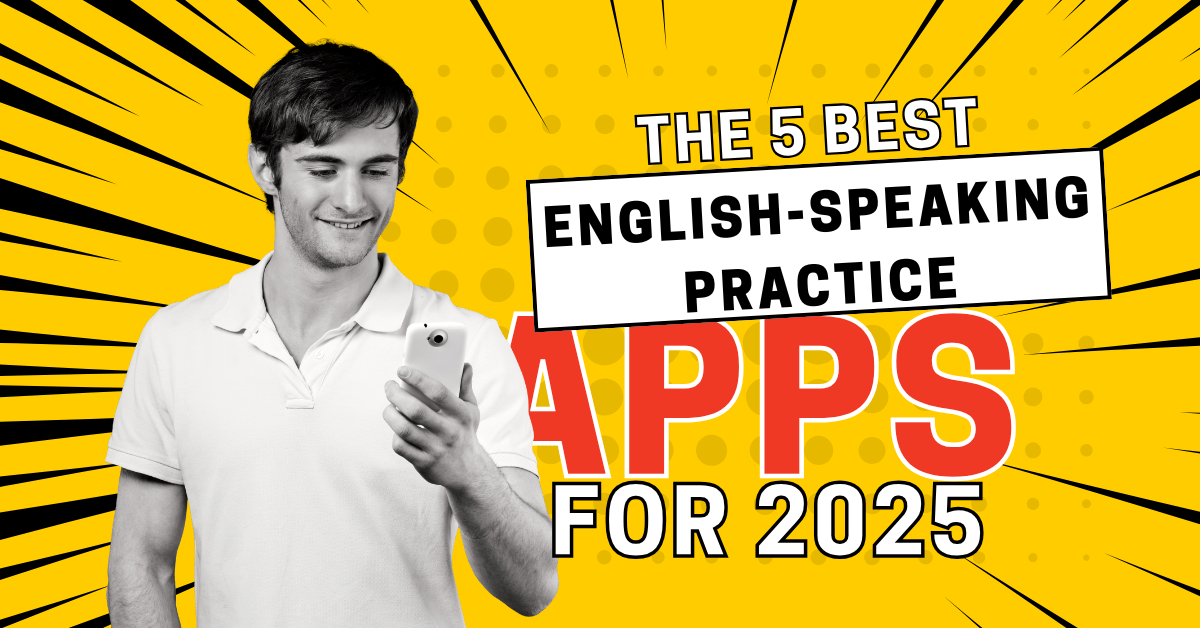


 Work from Home
Work from Home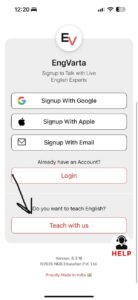


 EngVarta leads the pack in 2025 — not just as a course, but as a daily fluency habit. Unlike platforms that require rigid schedules or passive lessons, EngVarta puts you in real conversations every day. And that’s where real growth happens.
EngVarta leads the pack in 2025 — not just as a course, but as a daily fluency habit. Unlike platforms that require rigid schedules or passive lessons, EngVarta puts you in real conversations every day. And that’s where real growth happens.
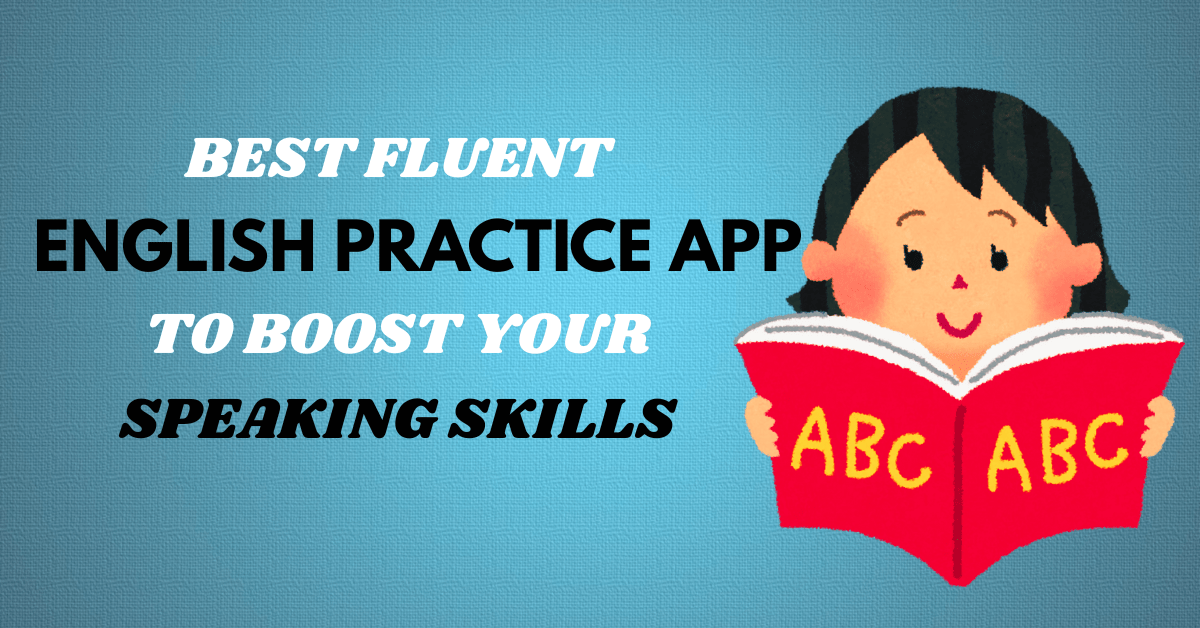
 EngVarta is the Fluent English Practice App that turns shy learners into confident speakers — one call at a time.
EngVarta is the Fluent English Practice App that turns shy learners into confident speakers — one call at a time. Start Your Practice Now:
Start Your Practice Now: Instagram –
Instagram –  Facebook –
Facebook –  YouTube –
YouTube –  Final Recommendation: Which App Should You Pick?
Final Recommendation: Which App Should You Pick? Ready to Start Speaking Fluently?
Ready to Start Speaking Fluently? Speak to a live English expert
Speak to a live English expert Practice daily. Grow naturally.
Practice daily. Grow naturally.

 The Secret Hack Used by Celebrities: Focused, One-on-One Practice!
The Secret Hack Used by Celebrities: Focused, One-on-One Practice!
 Click the link below to download the full PDF:
Click the link below to download the full PDF: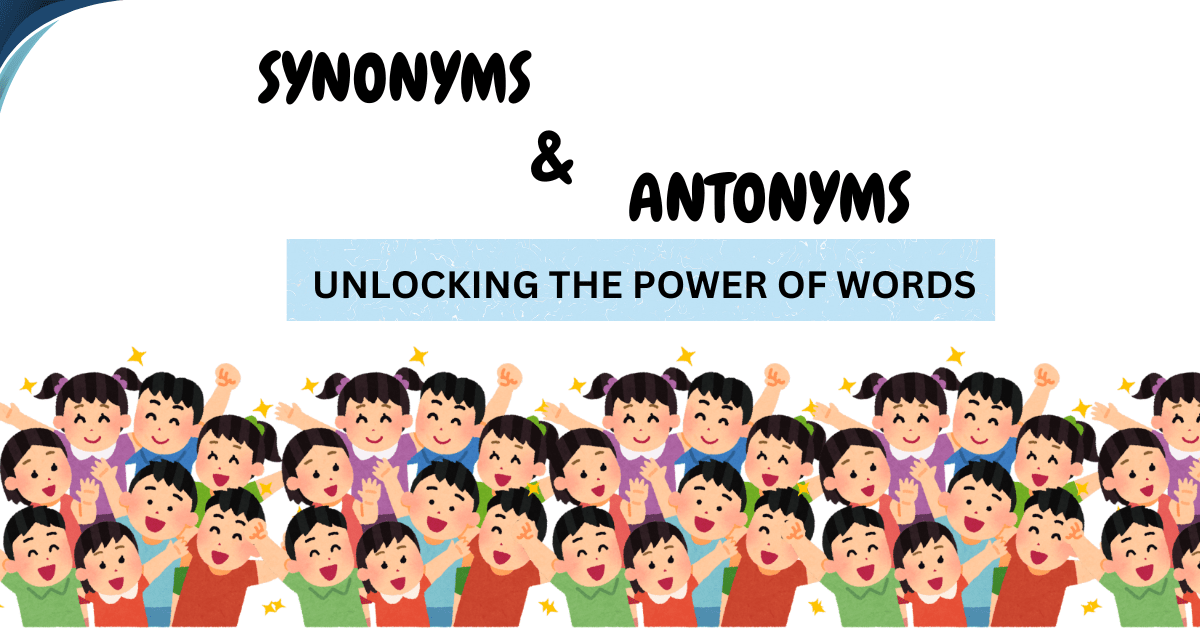
 EngVarta: Learn by Speaking with Experts
EngVarta: Learn by Speaking with Experts Speak and write more fluently
Speak and write more fluently
